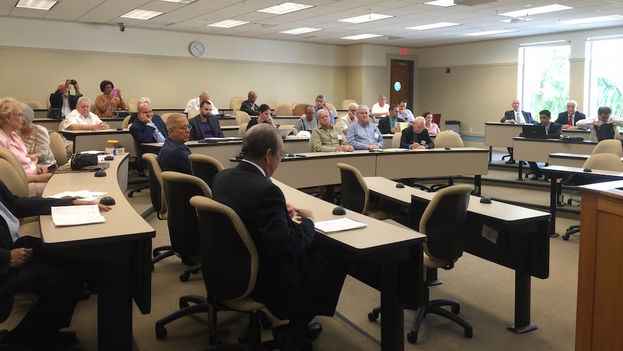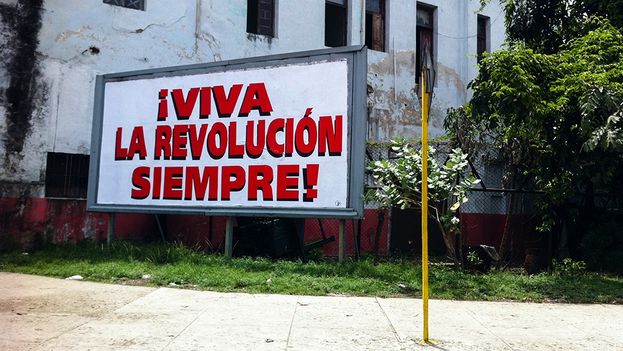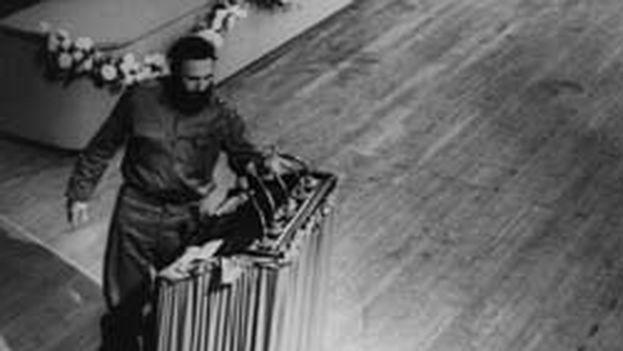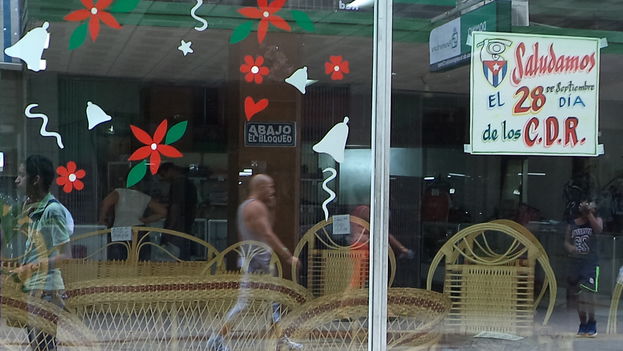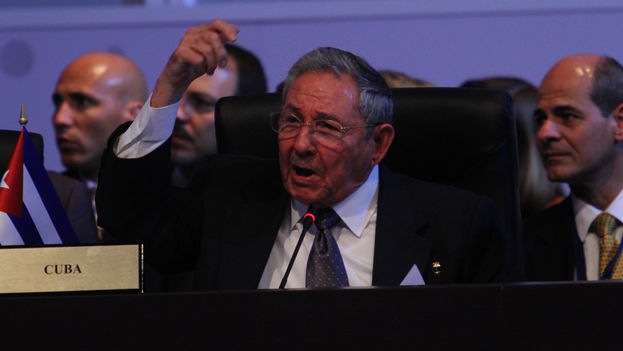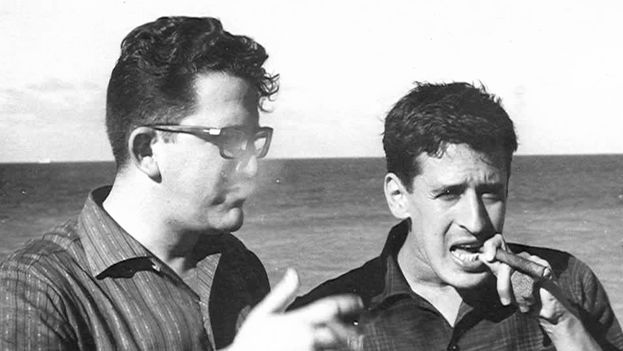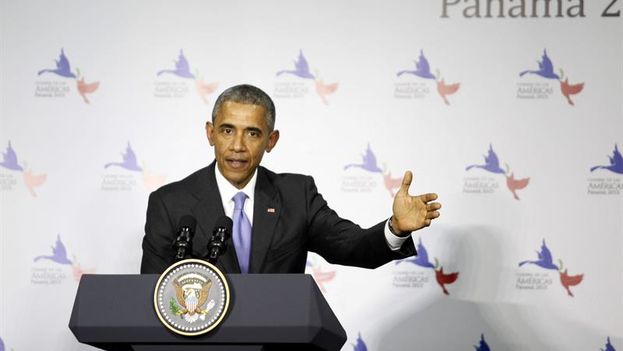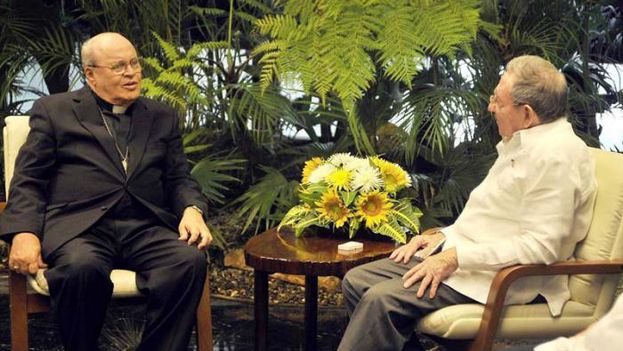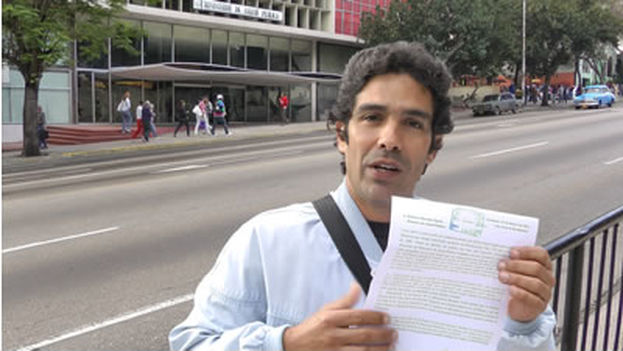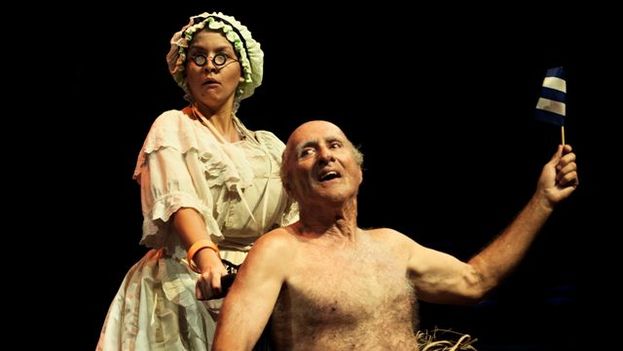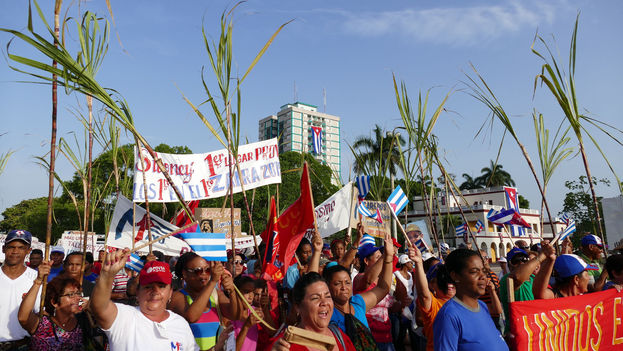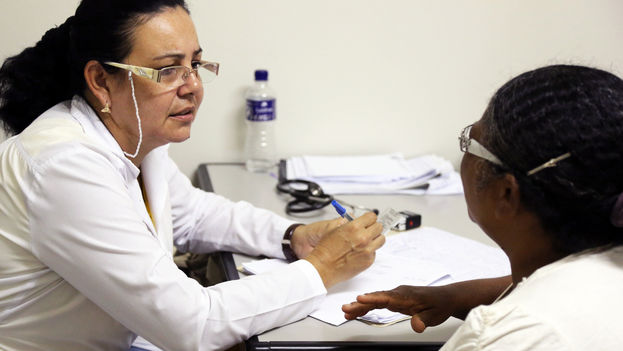Up until now health care workers been subject to poor pay, despotic treatment and capitalist exploitation of their labor, in the strictest sense of the term. When they go overseas on an official medical mission, they get only 20% of the amount agreed to by the two countries. Not one word has been said about this, though it goes right to the heart of the desertion issue.
Escobar. Do you think that many of these doctors living abroad are planning to return to the Island?
Jimenez. There is not much demand to return from doctors who deserted their medical missions or went to work as individual contractors. They made a firm decision after careful consideration. What is quite clear to millions of Cubans is the deep, systemic and unfortunate deterioration of health care at all levels throughout the country. We have witnessed decades of progressive structural deterioration of doctors’ offices, medical clinics, dental clinics and hospitals. Meanwhile, the Cuban government continues to divert funds to polish its machinery of repression, while the neo-bourgeoisie spends big on luxury hotels and excursions to Turkey.*
Escobar. So you do not see it as a new beginning?
Jimenez. I very much doubt that we are looking at real change from the regime. We are dealing with a government in which everything else continues to operate exactly the same way, one whose internal dynamic is that of a true dictatorship, one that shamelessly and systematically represses opposing ideas and basic human rights. There has not been the slightest indication that would suggest these measures might be the beginning of a new way of thinking which could lead to real change.
We are simply looking at a pragmatic adjustment to deal with new circumstances.
Escobar. What has been the reaction among the doctors you know?
Jimenez. It varies from happiness to disdain to skepticism.
Escobar. Is it possible to reverse the exodus of health care professionals with this new policy?
Jimenez. Every Cuban doctor who makes the decision to work overseas does so as a result of negative personal experiences and because he is looking for different, more promising opportunities. In most cases he leaves because of very trying working conditions: a ridiculously low monthly salary that is gone within a week, disrepect, routine arrogance and even despotism from ministry officials and the government. This professional has experienced a high degree of frustration at having devoted the better part of his life to his occupation without being justly compensated.
This doctor feels defrauded if not betrayed. As a result, his frustration and mistreatment play into the decision on whether or not to return to Cuba.
Escobar. Will there be a wave of doctors returning to Cuban hospitals?
Jimenez. It’s very doubtful there will be a massive return but it is not beyond the realm of possibilty that some people will decide to return after working for a time overseas, especially if the authorities stand by their word for once and put into practice what they have promised. But we all know there is a big gap between what the Cuban government says and what it does.
II very much doubt there will be a wave of returnees, much less that it will happen immediately. There is too much mistrust from decades of broken promises. At the moment, there are not many people who, having made the most significant decision of their lives, will come back just like that because of an article in the newspaper Granma.
Escobar. Do you think this measure could create an opening for more doctors to leave Cuba once the sanctions for doing so have been eliminated?
Jimenez. The era of fear of reprisal is becoming a thing of the past. At this point it might seem to some people like the shot at the beginning of a race, but there are still many professionals who never left the country because they found other sources of funding. There are those who have chosen to work outside Cuba, or who have received loans from family and friends, or who have saved money from a medical mission abroad.
Escobar. Besides the cost of a ticket, what other obstacles are there to leaving?
Jimenez. In recent months there has been a practice, no doubt deliberate, by the Ministry of Foreign Affairs and other ministries of delaying the issuance of all legal documents. The obvious goal has been to hinder, as much as possible, physicians and professionals from other fields from leaving the country. This policy can only be interpreted as a deterrent to discourage future escapes.
Escobar. The announcement that appeared in Granma mentioned that those who left after the new Immigration Act took effect in January 2013 may return, but it said nothing about those who left before. What about that?
Jimenez. If that were the case, it would be the perpetuation of a great injustice. Preventing any Cuban citizen from freely returning to his own country is a very serious violation of human rights, one that has been practiced by the Cuban government for half a century. For anyone who still has doubts that this is a vile dictatorship, consider this: a group of officials prevented a doctor from seeing his children for eight years! And for something as mundane as a disagreement over his employment contract. That is all it takes to be accused of “deserting” a mission.
A decision like that, even if it were at odds with the central objective of the new policy, would be made for no other reason than to discourage doctors from leaving and encouraging the return of the greatest possible number of those who have left.
Translator’s notes:
*In a recent statement the Cuban Ministry of Public Health indicated that health care workers who had left the country would be allowed to return to to Cuba to work under “conditions similar to those they previously had,” whether they had left for economic, family or professional reasons. The measure is intended to help stem the tide of medical professionals leaving the country.
**A reference to recent photographs published in the international press showing Fidel Castro’s son Antonoio Castro Soto Del Valle enjoying a luxury vacation in Turkey.
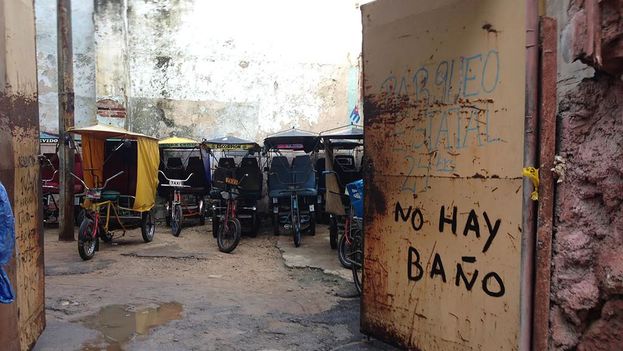
![]() 14ymedio, Reinaldo Escobar, Havana, 16 October 2015 — Sometimes it is hard to find in the Cuban urban landscape a square yard free of disaster. Perhaps it is more accurate to say free of the traces of disaster. Above is an image from a Havana street.
14ymedio, Reinaldo Escobar, Havana, 16 October 2015 — Sometimes it is hard to find in the Cuban urban landscape a square yard free of disaster. Perhaps it is more accurate to say free of the traces of disaster. Above is an image from a Havana street.
